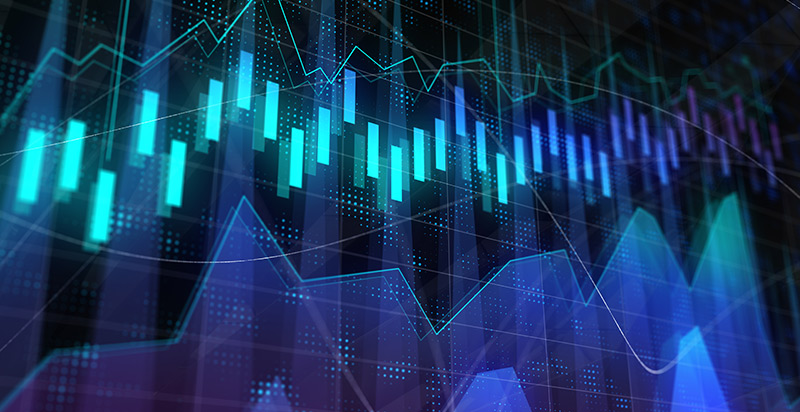Managing FOMO: Emotional Challenges Traders Must Overcome

The fear of missing out – commonly known among traders as FOMO – is a very real thing that everyone who has ever dipped their toe into trading has felt. With forex markets open 24 hours a day and full access to an entire world of fast-moving markets from the comfort of your own home, FOMO can become an emotional drain for traders if not handled properly.
New traders often think of all the money they couldhave made, had that just taken a particular trade. However, thinking this way makes no good, and it often leads to poor trading decisions. After all, most of us would probably be millionaires had we been able to go back in time.
Why does FOMO trading happen?
It’s no secret that trading can be a lonely endeavour, particularly for those of us who are trading for our account from home. Many people who take the leap from a normal day job and into full-time trading from home have challenges dealing with the loneliness and the lack of feedback on their own performance. In trading, feedback comes in the form of profit & loss, not from a boss telling you what to do.
Lack of daily routine
Lack of a daily trading routine and structure is one of the main reasons traders engage in FOMO trading. If you just sit down in front of your computer every day and wait for the action to come to you, you are most likely setting yourself up for failure. Staring into the charts as the price moves all day long makes you prone to enter trades solely out of boredom – a very bad approach to trading that will lead you nowhere!
Instead, try to follow a strict routine every day. Set price alerts or use other tools that will alert you when your criteria for making a trade is met. Once that is done, you can go on with your day and do something completely different, or maybe perform analysis of other currency pairs that are looking interesting. Be patient and let the really good set-ups come to you instead of chasing after mediocre ones!
Early entries
You see a particular chart pattern falling into place right in front of you, and you feel the urge to enter your order before it’s too late. Although the last bit of the pattern may be missing before it can be considered complete, you’re thinking “who cares if the pattern is complete or not – I have no time to lose to get in on this!”
Sounds familiar? Then consider this: You are entering your trade before your criteria for taking the trade have been satisfied. As a result, the risk:reward ratio that you planned for this trade will be totally off. And the same goes for your stop-loss levels, as well as the expected win-rate you have for this type of set-up. Without these things, trading becomes gambling and your chance of success is greatly reduced.
Chasing price
Chasing the price is something many, if not all traders, can relate to. The price of the forex pair you are watching suddenly surges and shows no sign of slowing down. You feel that you have to get in before it’s too late, but just as you enter your limit order, the price moves one step ahead of you. You cancel the order and enter a new one at a higher price, just to see the same thing happen again. This is what it means to “chase the price.”
Chasing the price is tough psychologically because people generally don’t like to lose. Therefore, rather than doing the rational thing, which would be to get out and focus your energy on a more promising currency pair, many traders end up getting into the trade at a price far higher than they originally planned for.
The consequence will, once again, be that you end up in a trade with a risk:reward ratio that is nowhere near where it should be, and you have no idea as to how this trade is going to perform for you statistically speaking. Remember that professional trading is a game of statistics and probabilities, not gambling and luck.
Dealing with FOMO
Now, you may wonder what the best way to deal with emotional trading is. The answer here is quite simple. You need to learn not to rely on human instincts in your trading, as they will inevitably do more harm than good.
The right thing to do in trading often goes against our instincts, meaning we need to take a very structured and rules-based approach to it in order to succeed. Always record your trades in a written trading journal, have a list of trading rules written down, and have a written plan for each trade you get into.
And most importantly, make sure you follow these plans and rules religiously. If you can manage to do that, you are well on your way to success in the forex market!






































